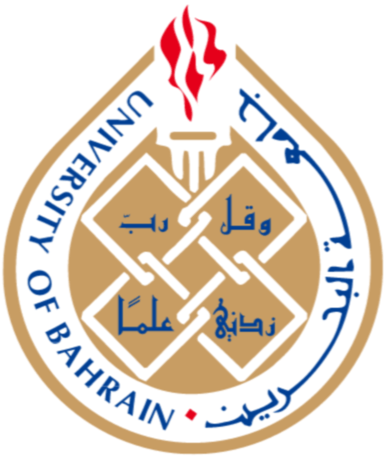PROGRAM LEVEL
The program produces a solid understanding of the frameworks, operations, and regulations of financial intermediations, financial markets, financial services and insurance. It is also integrated with risk management, financial analytics, high accounting and economics competencies.
ABOUT THE PROGRAM
DETAILED STUDY PLAN
Press here to download the 2020 Academic Plan of the program (PDF, 1.1 MB , 18 Pages)
Press here to download the 2019 Academic Plan of the program (PDF, 0.8 MB , 19 Pages)
Press here to download the 2013 Academic Plan of the program (PDF, 0.7 MB , 18 Pages)
PROGRAM EDUCATIONAL OBJECTIVES
a. Graduates will demonstrate specialized knowledge in banking, finance, risk assessment, fintech, and global markets.
b. Graduates will assess economic, cultural, and regulatory factors shaping financial markets and business strategies.
c. Graduates will apply analytical tools to evaluate financial data and support strategic, sustainable decisions.
d. Graduates will effectively convey financial concepts and demonstrate leadership, teamwork, and collaboration.
e. Graduates will integrate ethical, environmental, and corporate
PROGRAM INTENDED LEARNING OUTCOMES
A1. Students will apply banking and finance principles to analyze and propose solutions for real-world financial case studies, demonstrating critical thinking and data-driven decision-making.
A2. Students will evaluate how banking and finance principles integrate with core business functions and their impact on financial institutions, markets, and the economy.
B1. Students will analyze international legal frameworks and regulatory standards governing cross-border financial transactions, investments, and banking operations.
B2. Students will assess key global banking and finance trends, including technological advancements, regulatory changes, and economic shifts, to evaluate their impact on financial markets and institutions.
C1. Students will compare different financial decision-making models, applying quantitative and qualitative methods to optimize financial strategies.
C2. Students will use financial technology, big data analytics, and AI-driven models to assess risk, enhance decision-making, and develop sustainable financial strategies.
D1. Students will prepare structured, data-driven reports on financial trends, investment strategies, and banking operations, tailored to diverse stakeholders.
D2. Students will deliver professional and engaging oral presentations, effectively communicating complex financial concepts using industry-standard tools and techniques.
E1. Students will demonstrate leadership and strategic decision-making skills in managing financial projects, resolving conflicts, and navigating uncertain market conditions.
E2. Students will collaborate in diverse teams to develop and present finance-related solutions, applying problem-solving skills to real-world banking and investment challenges.
F1. Students will assess ethical dilemmas, corporate governance frameworks, and sustainability challenges in banking and finance, proposing responsible solutions aligned with ESG principles and global regulatory standards.
F2. Students will analyze the social, cultural, and economic impact of financial markets, fintech innovations, and sustainable finance practices on communities and industries.
PROGRAM COORDINATOR

Dr Sumathi Kumaraswamy
skumaraswamy@uob.edu.bh









